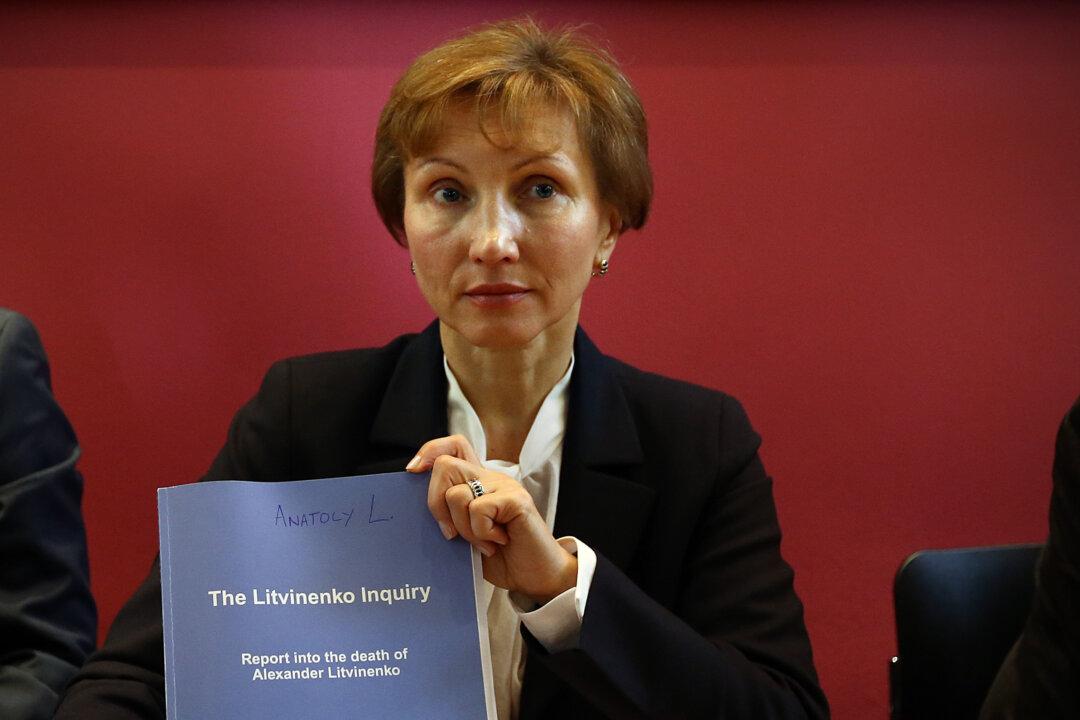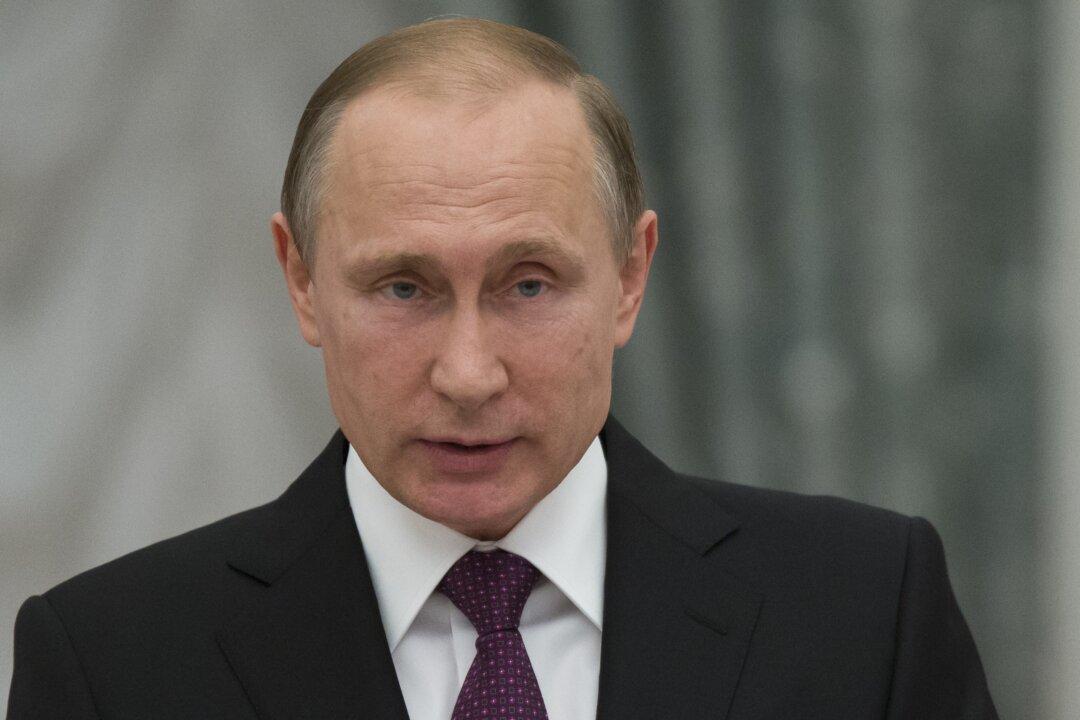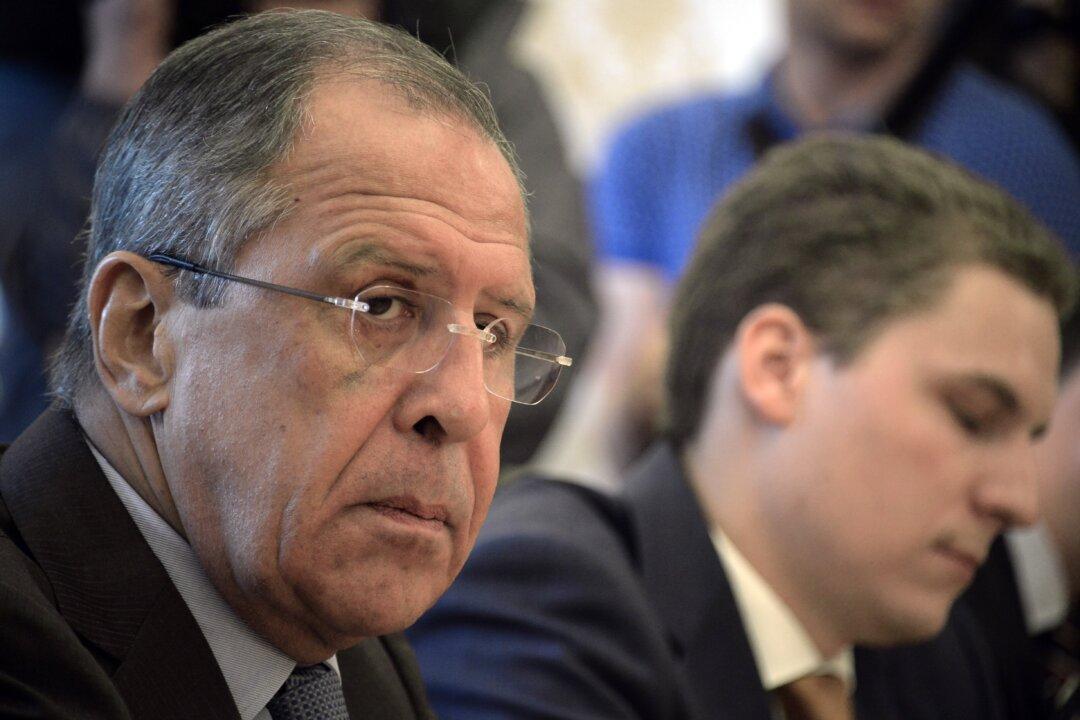The final report from the long-running inquiry into the death of former Russian agent Alexander Litvinenko has re-ignited the controversy over what is undeniably the biggest assassination case seen in the U.K. for decades.
The story has all the ingredients for a spy thriller, from secret poison to international conspiracy, but its implications are far from trivial.
At the heart of the matter is the strange death in November 2006 of Alexander Litvinenko, a fugitive Russian ex-secret service officer, who was granted political asylum in U.K. in 2003. He had been poisoned by a rare radioactive substance called Polonium-210.
Given Litvinenko’s reputation as a fierce critic of the Russian President Vladimir Putin and his security services, it was alleged from the start that the Russian state was behind his murder. A formal accusation has now been made to that effect in the report released as a result of the public inquiry into his death.
These findings could not have come at a worse time for the U.K. The outcome of all kinds of international crises depends on cooperation from Russia, and it’s clear that the Kremlin is in no mood to play ball.
Past Form
The Russian security services have been suspected of many assassinations over the decades and are known to extend their deadly grip to the enemies of the Russian state far beyond its borders.
However, Litvinenko’s case has struck a chord. The manner in which he died and the fact that the murder took place in London was bound to raise public alarm. And perhaps more significantly, the alleged personal involvement of Russia’s president is an extremely serious accusation.
There were plenty of reasons, highlighted by the inquiry, for the Russian secret services to target Litvinenko. Near the top of the list was probably his work for British intelligence, a cardinal sin for an ex-KGB officer. This is why part of the evidence for the inquiry remains off limits to the public.
Equally significant is the fact that Litvinenko had a well-established track record of publicly accusing the Russian security services, and Putin himself, of high-profile crimes. He spoke of apartment blocks being bombed in Russia in 1999 as justification for starting the second Chechen War. He also suggested Putin had links to organized crime.
It is possible that Putin could have known or even approved of the assassination plot, although Litvinenko was a relatively low-level operative, which makes it surprising that Putin would be especially concerned about him. Litvinenko’s allegations about the president were already public knowledge by that point too, and the Russian authorities had not proffered much reaction. What’s more, the nature of Litvinenko’s death gave him sufficient opportunity to release any new evidence against Putin if he had it. All this points to revenge as a motive, which is perhaps not entirely unexpected given the circumstances.
The Response
Russia’s reaction to the report has been as straightforward as it was predictable. The foreign ministry accused Britain of turning a “purely criminal“ case into a political matter by launching the public inquiry in the first place. It accused the inquiry of lacking transparency and said it had reached a highly prejudiced conclusion.
The Russian ambassador to London, Alexander Yakovenko, called the linking of the Litvinenko murder to the Russian state a “provocation.” Putin’s spokesman simply said that the Kremlin had no interest in the inquiry.
President Putin’s personal involvement is speculative and is unlikely to be ever proven, but the involvement of Russian security services is undeniable. And President Putin has general responsibility for operation of the Russian state and its military and security services.
Relations between the U.K. and Russia hit rock bottom after the annexation of Crimea and Russia’s involvement in the Donbas war. This, incidentally, was what tipped the British government into approving a public inquiry into Litvinenko’s death, something it had been reluctant to do previously.


